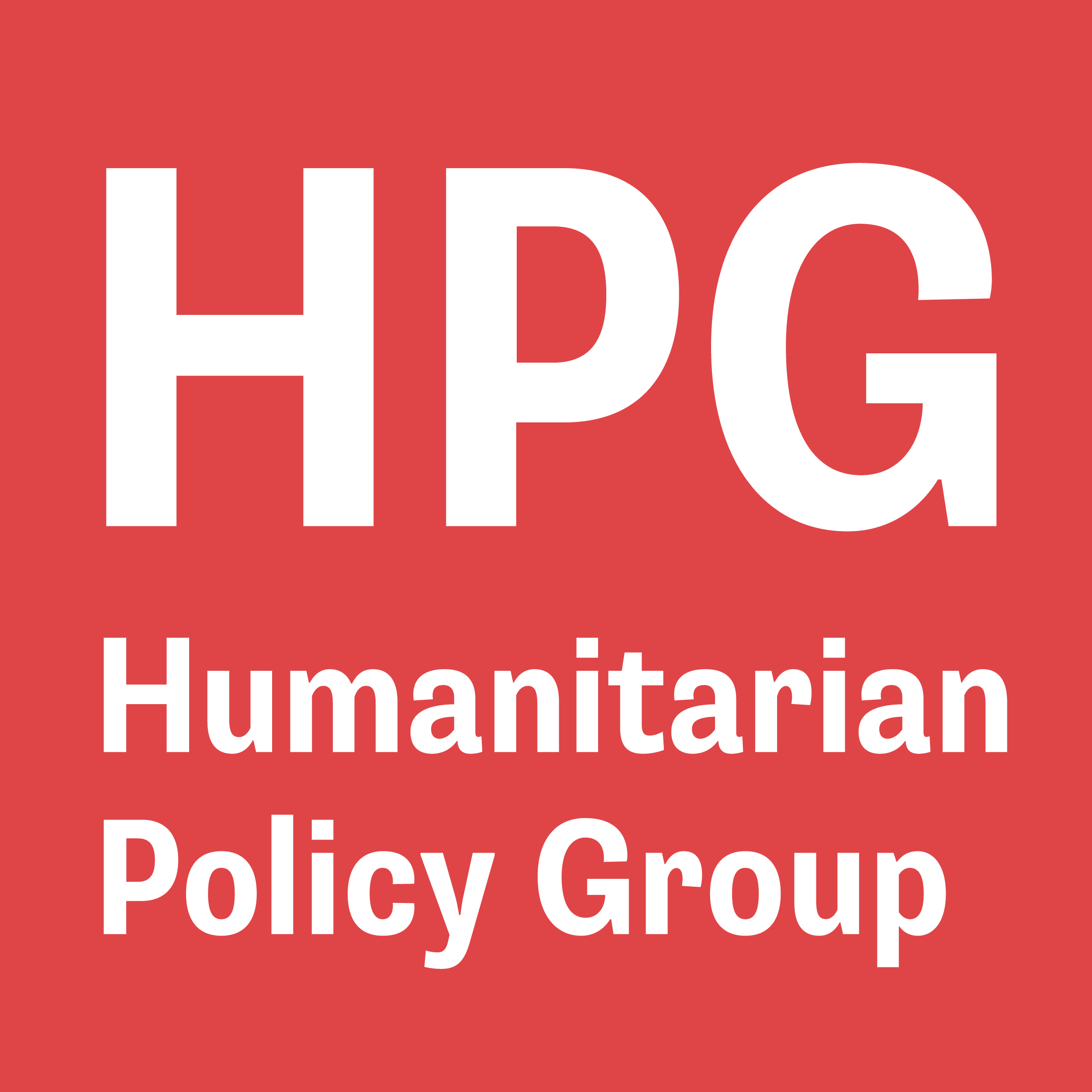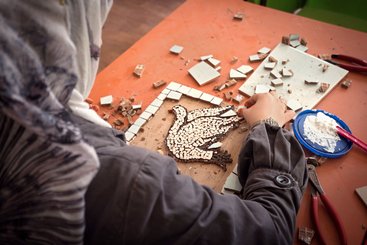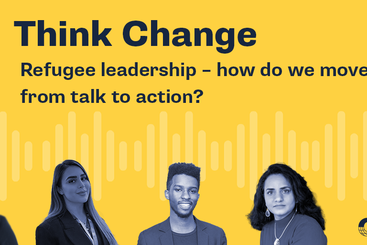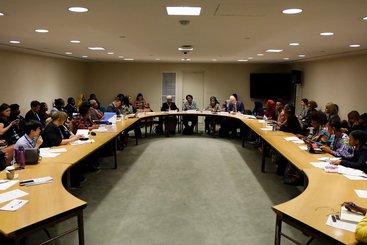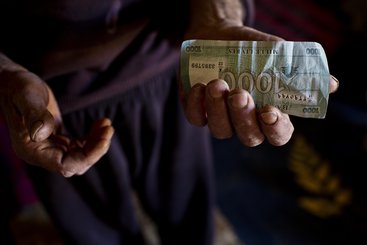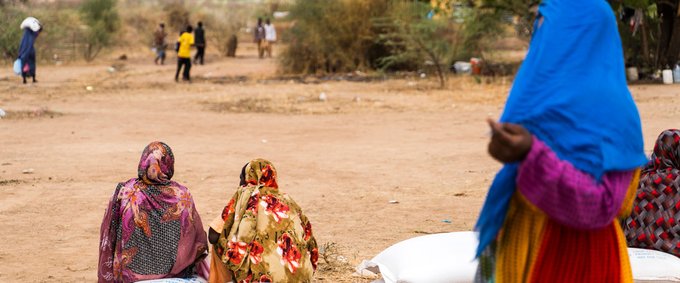

Our projects
HPG's Integrated Programme: People, power and agency
HPG’s Integrated Programme (IP) combines cutting edge research on humanitarian policy and practice, extensive policy engagement, and convening and communications. Our 2022–2024 IP has five projects which explore how humanitarians can better engage with the social and political dynamics that influence humanitarian assistance.
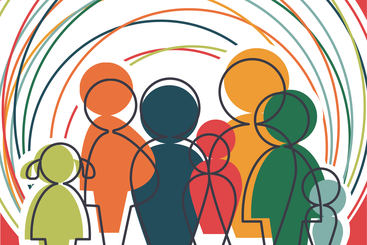
Climate change, conflict and displacement: how internally displaced persons (IDPs) cope and adapt
Many of today's displacement crises are driven by a complex mix of climate and environmental change, disasters, conflict and fragility. This project seeks to reframe discussions around climate change, conflict and displacement by focusing not on how these three phenomena impact one another, but rather on how they impact people's lives.

HPG's Integrated Programme (2019–2021)
Our work is directed by our Integrated Programme (IP), a body of research examining critical issues facing humanitarian policy and practice, designed in consultation with our Advisory Group. This is complemented by commissioned studies, evaluations and communications and networking activity.
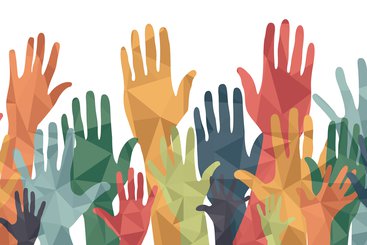
Browse related themes
HPG team
-

Sorcha O'Callaghan
Director of Humanitarian Policy group
-

Megan Daigle
Senior Research Fellow
-

Wendy Fenton
Senior Research Fellow and HPN Coordinator
-

Gemma Davies
Senior Research Fellow
